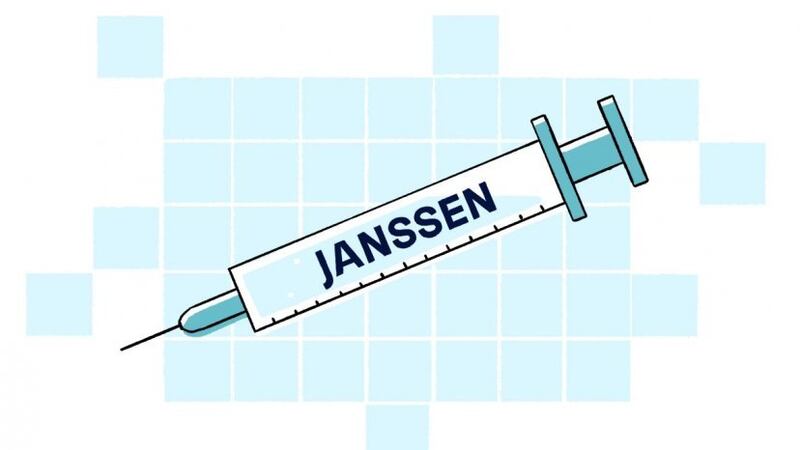On Wednesday, July 7, Covid-19 Response Minister Chris Hipkins announced Medsafe had given provisional approval to use Janssen-Cilag's Covid-19 vaccine for people aged 18 and above.
The single-dose vaccine is the second approved for use by the government’s medicines regulator. In August, Cabinet is expected to make a decision on how and when to use it.
Like the Pfizer-BioNTech vaccine currently being rolled out across New Zealand, the Janssen vaccine has an excellent record when it comes to safety and effectiveness, says Immunisation Advisory Centre director Dr Nikki Turner. Plus, it has logistical and practical advantages over some of the other vaccines.
So, how does it work?
The Janssen vaccine is a non-replicating viral vector vaccine.
The SARS-CoV-2 virus that causes Covid-19 uses spike proteins on its surface to enter human cells. The Janssen vaccine uses a different, modified virus to deliver instructions to your cells, telling them how to build spike proteins.
Your immune system recognises the proteins as foreign, and makes immune cells and antibodies which can identify and attack them. If you’re later exposed to the virus that causes Covid-19, your body is prepared to defend itself.
It's important to note, the vaccine can't cause Covid or other infections.
This type of vaccine is more durable than mRNA ones, and can be stored at normal fridge temperatures (2C to 8C) for up to three months, and in deep freezers (-20C to -15C) for up to two years.
Recent data suggests the Janssen vaccine is highly protective against the new Delta variant of Covid-19 and immunity may be long-lasting.
While it appears to be slightly less effective overall than the Pfizer vaccine, it still offers very good protection against severe and moderate disease.
A clinical trial including about 39,000 participants - 19,630 of whom received the vaccine - measured efficacy (how well a vaccine performs in a trial) against moderate to severe-critical coronavirus infection at 14 days and 28 days after vaccination.
The efficacy at 14 days was 66.9 per cent for moderate and severe-critical infection, and 76.7 per cent at 14 days for severe-critical infection.
You might have heard, uptake of the vaccine overseas has been hampered by production problems and a brief pause on its use in the United States.
In April, health officials halted use of the Janssen vaccine in the United States, after reports of a rare blood-clotting disorder, thrombosis with thrombocytopenia syndrome (TTS). The United States Centers for Disease Control and Prevention said as of April 21, there had been 15 confirmed cases of TTS. At the time, nearly 8 million people in the country had received the vaccine.
Use of the vaccine resumed within days, but with an added warning label.
Most of the side effects are mild to moderate in intensity and last only a day or two. The common ones are: headache, nausea, muscle aches, injection site pain, tiredness, fever, cough, chills and joint pain.
TTS is a very rare, serious side effect, occurring in about one in a million people. Symptoms may include severe headaches, seizures, blurred vision, unexplained bruising, shortness of breath, severe abdominal, chest, or leg pain.
It's recently been reported the Janssen vaccine has also been linked to an extremely rare neurological disorder, known as Guillain-Barre syndrome (GBS). Most people fully recover from it but some have permanent nerve damage.
Of the millions of doses administered, around 100 cases of GBS have been reported in relation to the vaccine. Most were men over 50, who developed the syndrome around two weeks after vaccination.
The benefits of the vaccine still strongly outweigh the risks, overseas regulators concluded.
Reporting disclosure statement: This post was reviewed by The Whole Truth: Covid-19 Vaccination expert panel member Professor David Murdoch, clinical microbiologist and infectious diseases expert, and Dean of the University of Otago, Christchurch.


